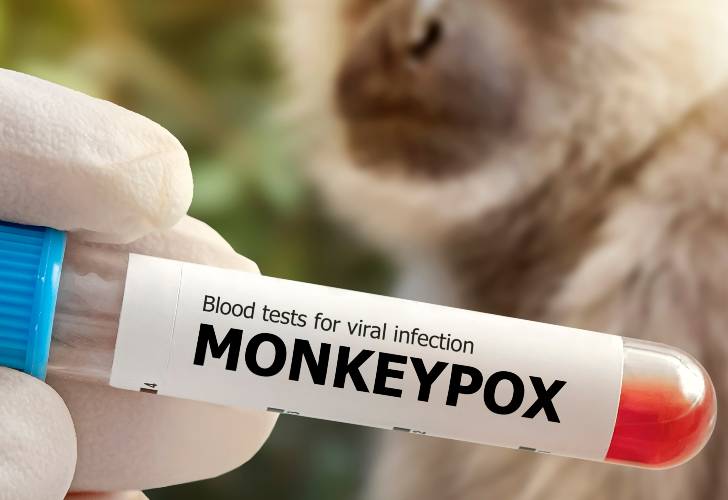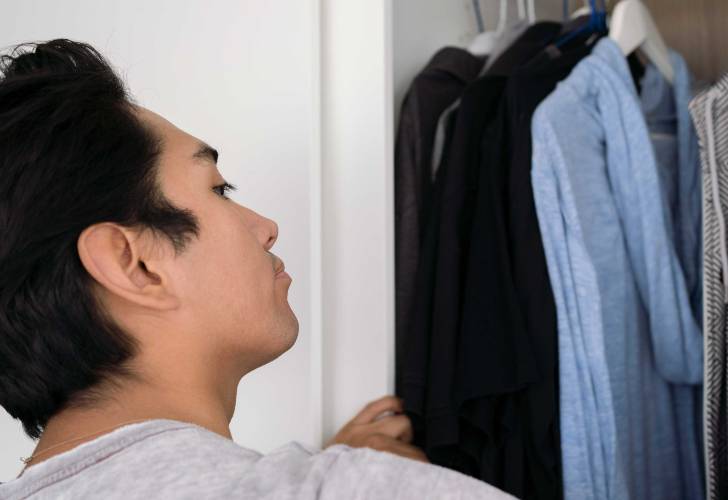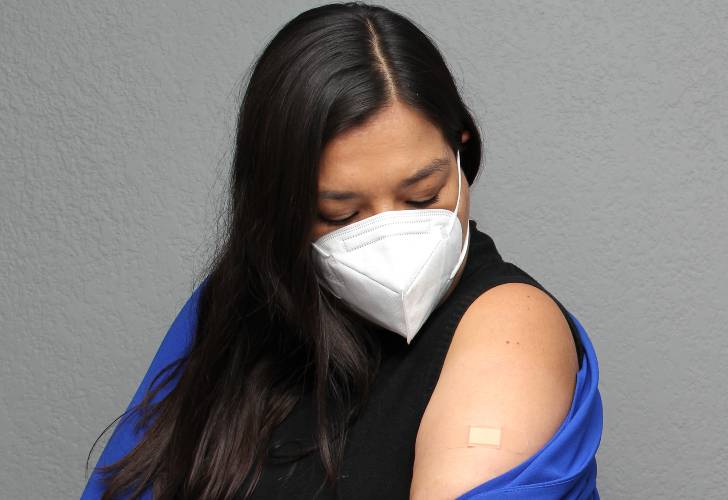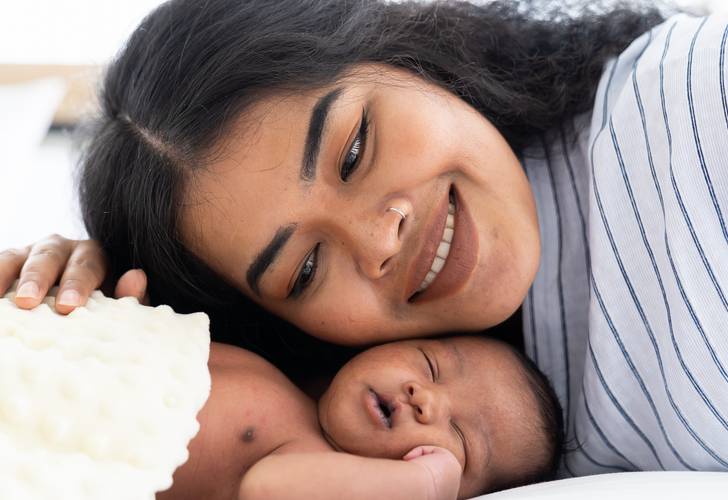
Do your muscles need more flexibility? Stretching is the answer
Stretching was always seen as necessary to warm up the muscles and prepare them for activity, but it is a discipline that can bring many benefits.
Monkeypox usually affects people who are in contact with skin lesions or fluids from other people or derived fromanimals.

The symptoms are fever, headache, muscle aches, and swollen lymph nodes. Then comes the rash all over the skin. Infected people usually stay sick for two to four weeks.
Although initially, it was a disease concentrated only in Africa, when it spread to several countries around the world, it has led authorities in states such as California to declare an emergency.
“California is working urgently at all levels of government to slow the spread of monkeypox, leveraging our robust testing, contact tracing, and community partnerships strengthened by the pandemic to ensure those most at risk are our focus for vaccinations, treatment, and outreach,” Governor Gavin Newsom said in a news release.
Some tips to avoid contagion are:
Avoid contact with sick people, including those with skin or genital lesions.
Wash your hands frequently with soap and water or alcohol-based hand sanitizer, especially if you have no choice but to come into contact with the infected person or with their clothing (including sheets and towels) or other items or surfaces that they have touched or that may have come into contact with your rash or respiratory secretions (for example, utensils or dishes).
If you need to have physical contact with someone with this condition because they are a health care worker or live together, encourage the infected person to isolate themselves and cover any skin breaks if they can (for example, by wearing clothing over the rash). You must wear a medical mask when you are physically close to them, especially if they are coughing or have mouth sores. Avoid skin-to-skin contact and if you have any direct contact, wear disposable gloves. Wear a mask if you have to touch the clothing or bedding of an infected person.
Wash the infected person’s clothing, towels, sheets, and eating utensils with warm water and detergent. Clean and disinfect any contaminated surfaces and dispose of contaminated waste (such as wound dressings) properly.
Do not touch live or dead animals. Also, don’t small mammals and especially not rodents, monkeys or apes. Do not eat or prepare meat from wild animals. Do not use creams, lotions, powders or derivatives of wild animals, especially if they come from Africa.
Pay close attention to children as they can get it and are more likely to have severe symptoms than teens and adults. The virus can also be transmitted from a woman to her fetus or newborn during birth or through physical contact.
If you suspect you have been infected:
Contact your doctor immediately for advice, testing and medical care if you think you have symptoms or have been in contact with someone who is infected.
Currently the supply for the Monkeypox vaccine is very limited but high risks groups could sign up for the vaccine using this link: MONKEYPOX VACCINE SIGN-UP FORM (qualtrics.com)
Sources: United Nations. California Government

Stretching was always seen as necessary to warm up the muscles and prepare them for activity, but it is a discipline that can bring many benefits.

It is a difficult task for us to face, but once we do it, it translates into many benefits

August is National Immunization Awareness Month, an opportunity to recognize the importance of vaccination and to check if everyone in your family is updated with the immunization schedule.

If you are the mother of a newborn, you must be very attentive to the diseases caused by the bacteria called group B streptococcus (GBS).